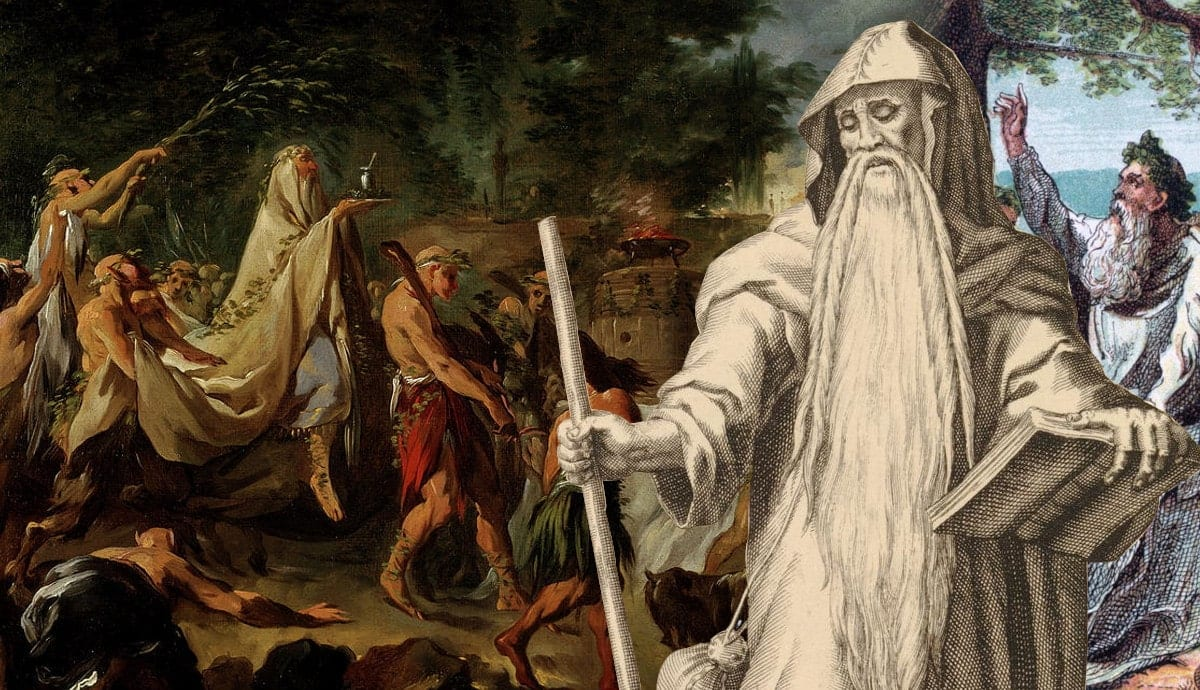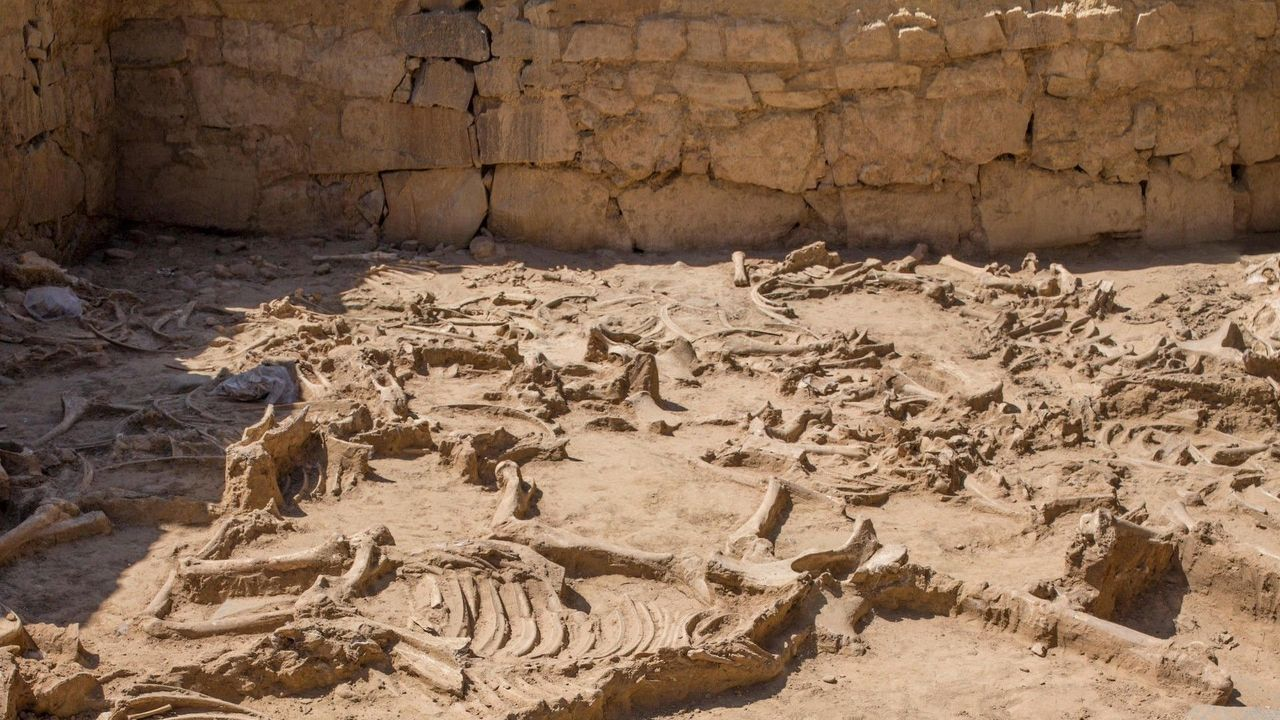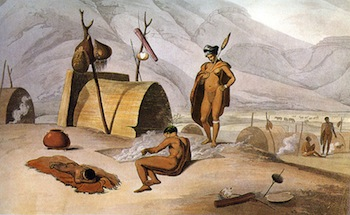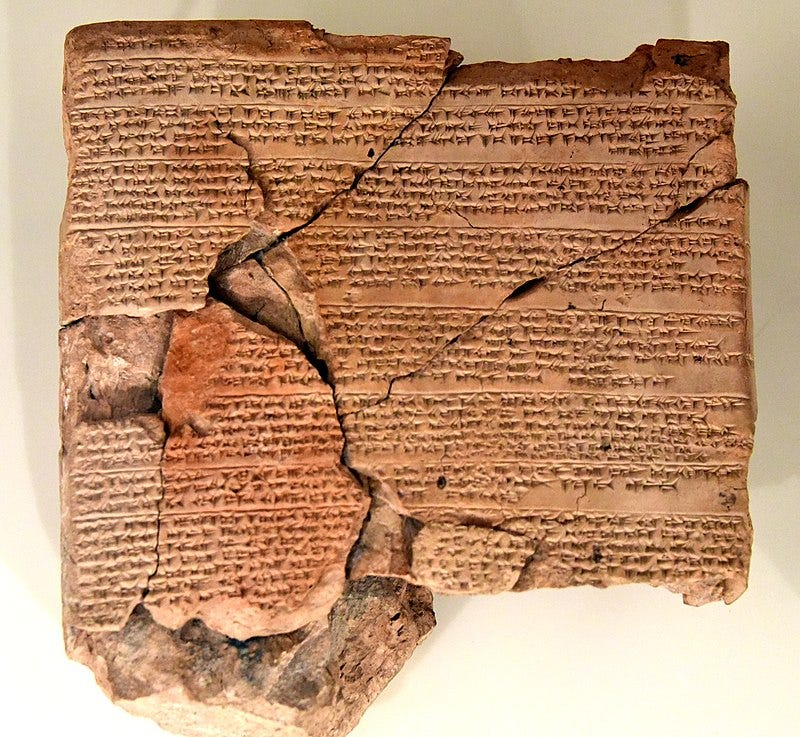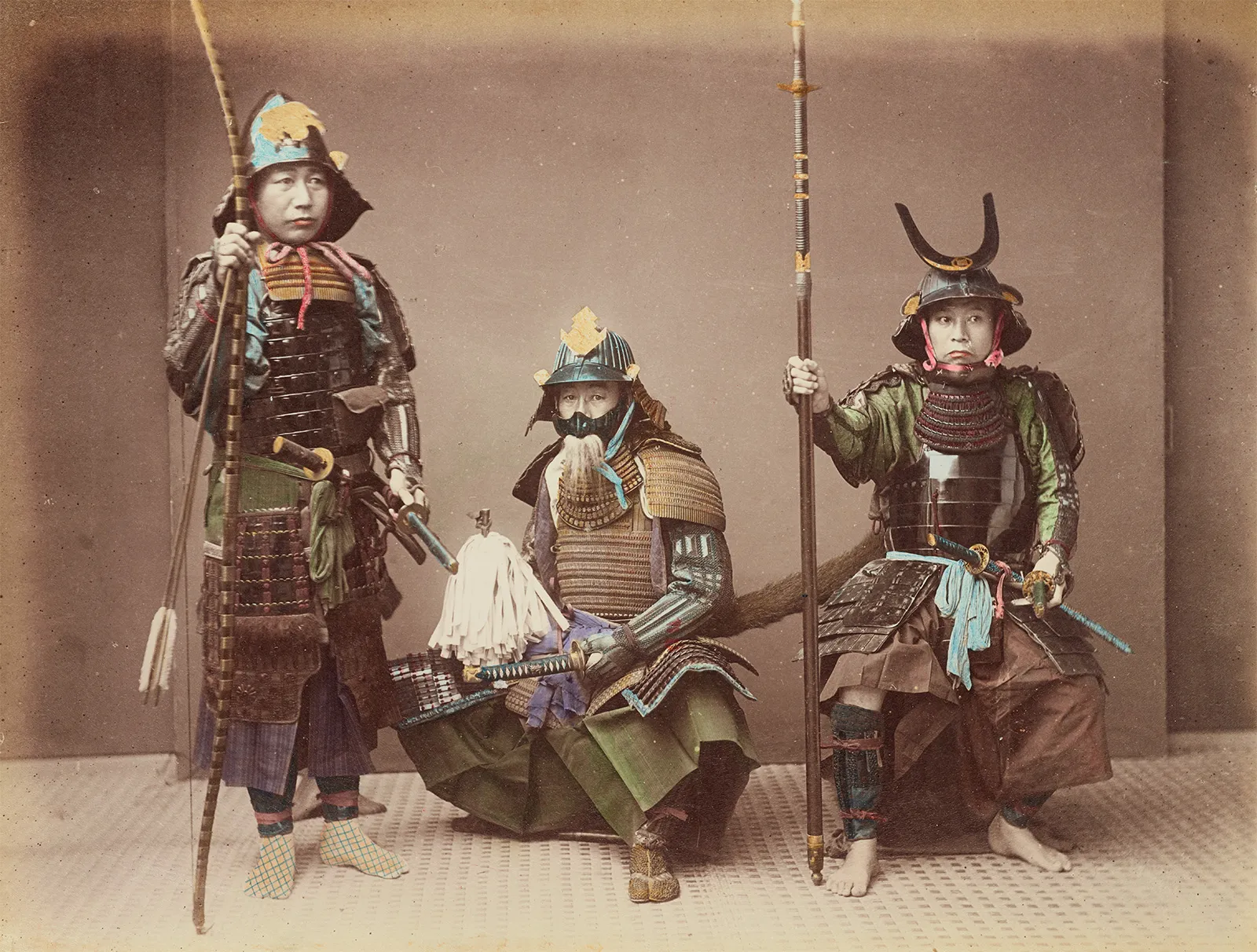BY THE ARCHAEOLOGIST EDITOR GROUP
Khaled al-Assad was the heroic Syrian archaeologist who was tortured and publicly beheaded by Islamic State extremists on August 18, 2015, for refusing to give up the hidden treasures of Palmyra.
The Syrian Archaeologist was director for 40 years of the Archaeological site and the Museum of Palmyra and for many decades the head of the site's excavations. On August 18, 2015, he was brutally murdered by public beheading because he refused to reveal where he had hidden archaeological findings in order to protect them from jihadists.
His mutilated body was first hung on a street lamp and then on a Greco-Roman column of the ancient city, with a sign "Director of Idolatry", which listed the "crimes" of his work: "apostasy", the representation of his country in "conferences of infidels" and his talks with "heretical Iran". His head was placed on the ground directly below his mutilated body, where he ironically put on his characteristic glasses in order to mock his "sanity".
In the weeks that followed the murder, IS destroyed several iconic parts of Palmyra from the 1st and 2nd centuries that were considered ‘idolatrous’.
Khaled Asaad's body was one of three corpses found near the ancient city of Palmyra, according to official media, four years after it was recaptured from ISIS by Syrian government forces. A friend of Asaad, antiquities official Maamoun Abdulkarim, said the 82-year-old had refused to leave Palmyra even once the militants closed in.
'I was born in Palmyra and will stay in Palmyra and will not leave even if costs me my blood,' Asaad is said to have replied.
The murder and desecration of the dead body of such a great and world-renowned scientist is a bad omen for the future of humanity and especially for the scientific field of culture. We must understand that even in the 21st century, nothing is taken for granted when it comes to the protection of antiquities and the world’s cultural heritage.
We all have a responsibility to protect historic sites as a public benefit that is integrally connected to the fundamental goals of free nations and all humanity in the uncertain, nihilistic violence, and widespread ignorance of the modern day.
Their destruction, the erasure of classics and other works, the exclusion of the younger generation from historical knowledge—all done so under the guise of a fabricated religious cohesion, a phony "social peace," an absolute "politically correct rationality," and new definitions of "purity"—represent a new form of extremism that today threatens the foundations and principles of civilization as we know it, as well as the enduring contributions of various cultures to it.
As members of the cultural community, we honor a great scientist and, more importantly, a brave man who stood his ground against the withering missionaries. Khalid al-Assad is a contemporary cultural martyr. Let his sacrifice serve as a constant example and a beacon amid the darkness of all forms of nihilism, geostrategic games, fanaticism in religion, and moral and spiritual decay.





